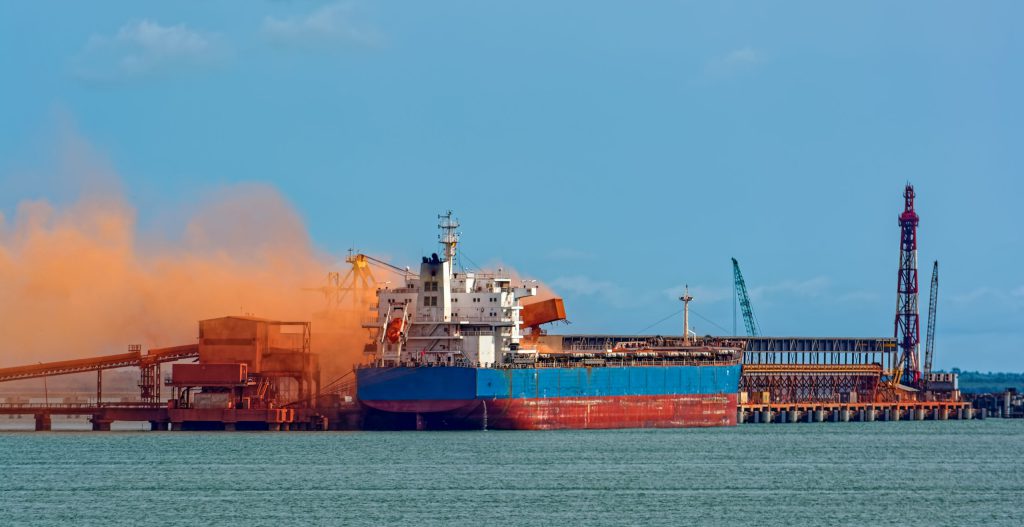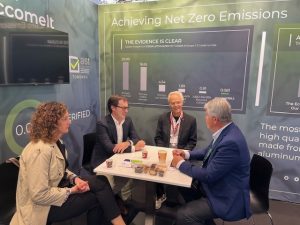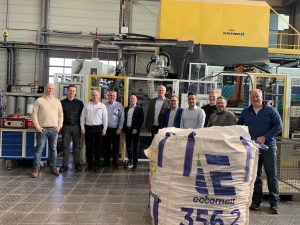Although Covid-19 poses a challenge to mining and metals supply chains, it is important to remember that price volatility is nothing new; in fact, throughout 2018 factors such as climate change, tariffs, shutdowns beginning in China, and a lack of diversification have all affected supply chains, much of which has been documented in Eccomelt blog articles over the last couple of years. Since the media has devoted so much non-stop coverage to Covid-19, the average person might not realize that the market, even before Covid, was turbulent. However, there is no doubt that the Covid-19 pandemic has created an urgent need to seize on new strategic supply chain possibilities while minimizing risk.
According to FastMarkets (“The Future of Supply Chains in the Metals and Mining Markets, June 2020), the Covid-19 pandemic has exposed certain vulnerabilities in current supply chain strategies. For example, it is now apparent that there was significant price and supply risk. In fact, the strategy of minimizing costs through labour arbitrage has now been revealed as flawed, and companies are now looking to diversify. As Dan Bitton, CEO of Eccomelt explains, “pre-Covid, manufacturers sought cheaper labour for their manufacturing processes overseas. In order to solve the supply chain of local markets, manufacturers have come back to a home grown, but higher cost labour environment. There will therefore be a need to compensate for the increased labour expense, and eccomelt356.2, our cost effective substitute for A356.2, meets that need.”
Shortening the supply chain has become another priority for North American manufacturing. The U.S. is looking to bring low-cost manufacturing (aided by automation) into the foreground. Furthermore, governments are now taking a more active role in influencing supply chains, as they are funding policies to enable their countries to become more self-sufficient. As a result, localized supply chains have become a priority. Through shorter supply chains, production can be more responsive and brought closer to the consumer. To that end, Eccomelt, with locations in the United States and Canada, is local, shortens the supply chain in North America and will help compensate for the higher cost of labour.
Though not always apparent, climate change affects the supply chain simply because severe weather events triggered by climate change can cripple infrastructure that connects mines to ports. As a result of climate change, and the concurrent push for businesses to lower their carbon footprint, many b2bs and consumers will reject companies who are not committed to sustainability. Clearly, addressing climate change will remain an important consideration for business going forward. As the CEO points out, eccomelt356.2 “has the lowest carbon footprint of any aluminum alloy, and helps any automotive foundry adhere to the highest standards of environmental protocols.”
Finally, restored consumer confidence, a crucial component in any supply-demand equation, has yet to be evident. We will soon see to what extent demand will be curtailed due to changes in consumer behaviours. Stay tuned for our next blog article on how covid-19 might accelerate the sales of electric vehicles.
Eccomelt356.2 | Direct Substitute for A356.2 Ingot, Sow & T-bar
Alongside Alcan R&D, Eccomelt LLC has developed a patented innovative process that produces a specification alloy from aluminum wheels at a lower cost than traditional methods and that meets that EPA definition of CLEAN CHARGE.
Eccomelt LLC ships products to foundries within North America including the United States, Canada, and Mexico, and worldwide, such as France, Ireland, Italy, Serbia, and Spain. Our product is the material of choice for many consumers because it is sustainable and chemically pure with the lowest carbon footprint of any aluminum alloy. Its shredded form has achieved higher melting rates than Ingot, Sow or T-Bar.
We can be contacted at (888) 356-9557 or visit our website and fill out our contact form. We would be delighted to hear from you.




